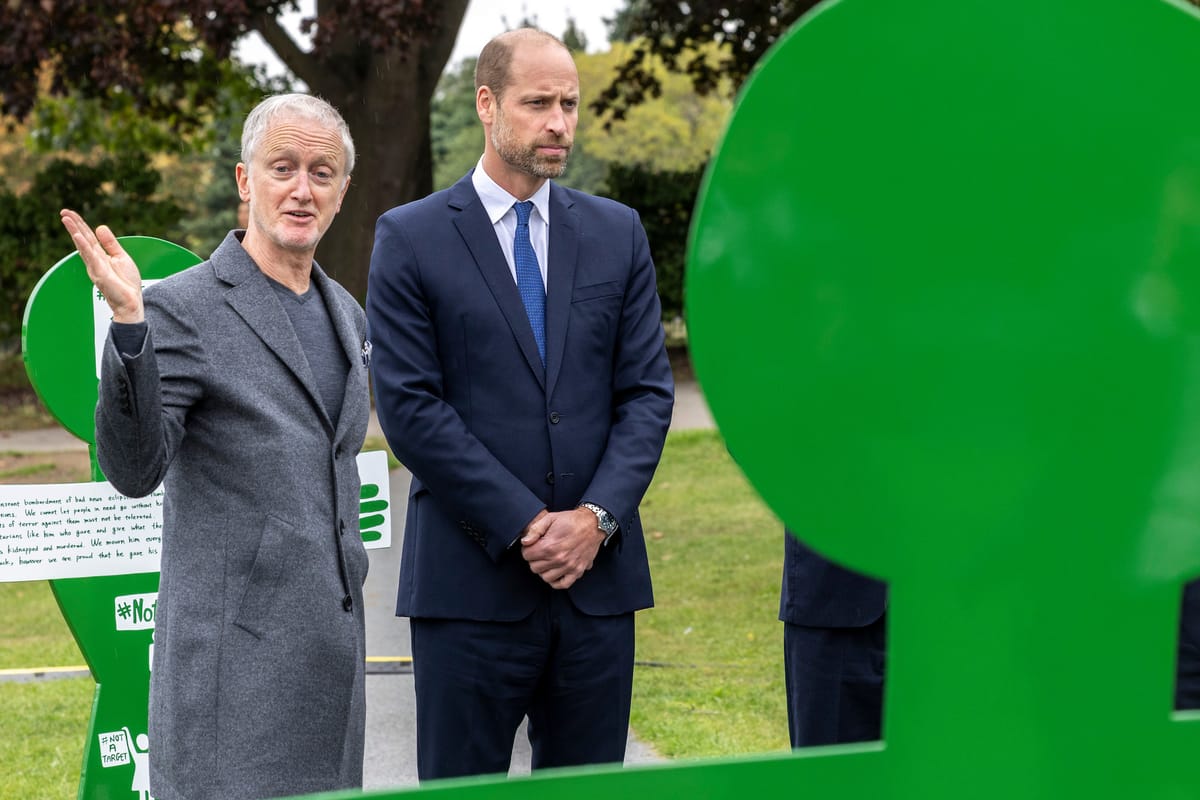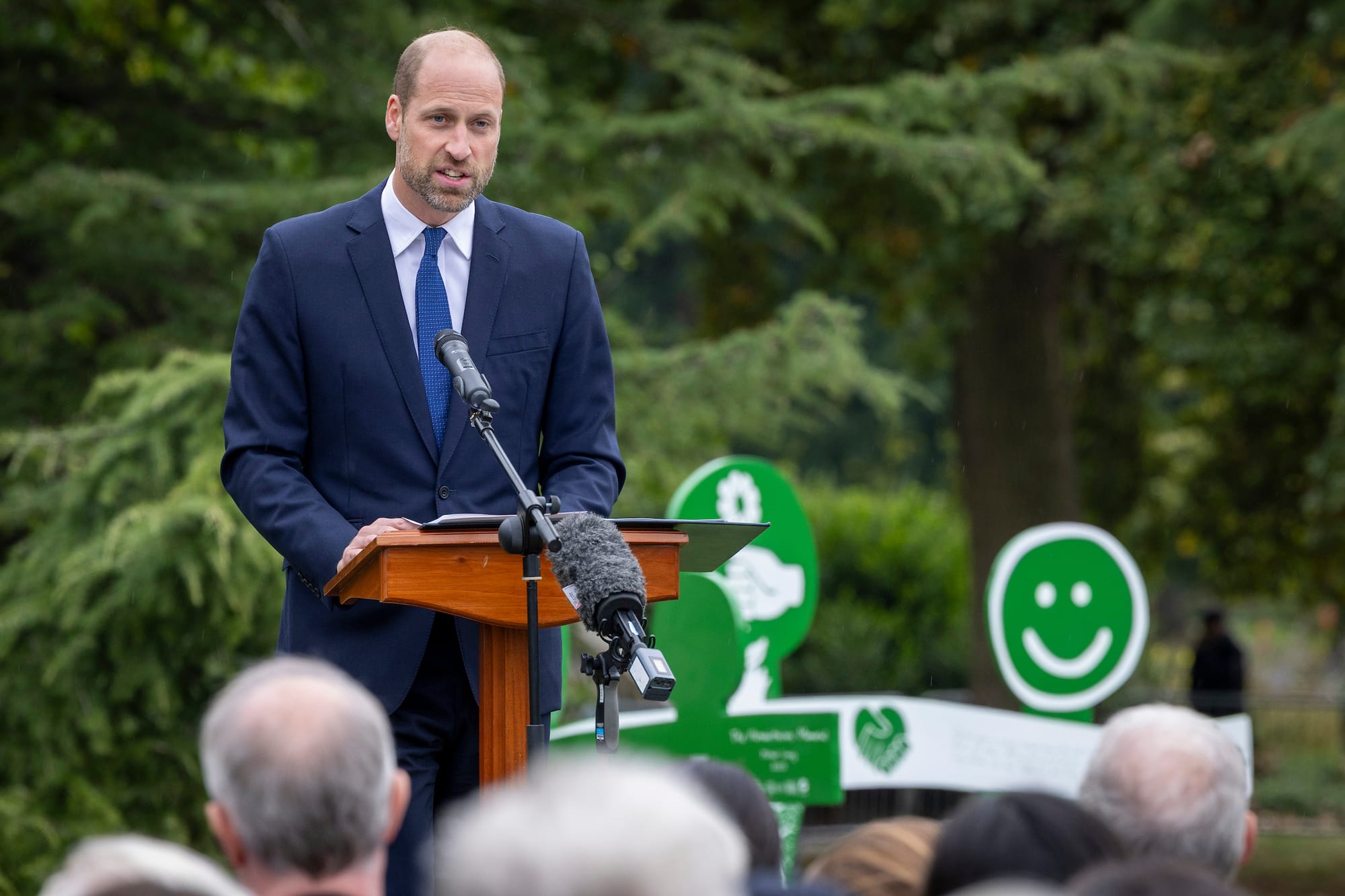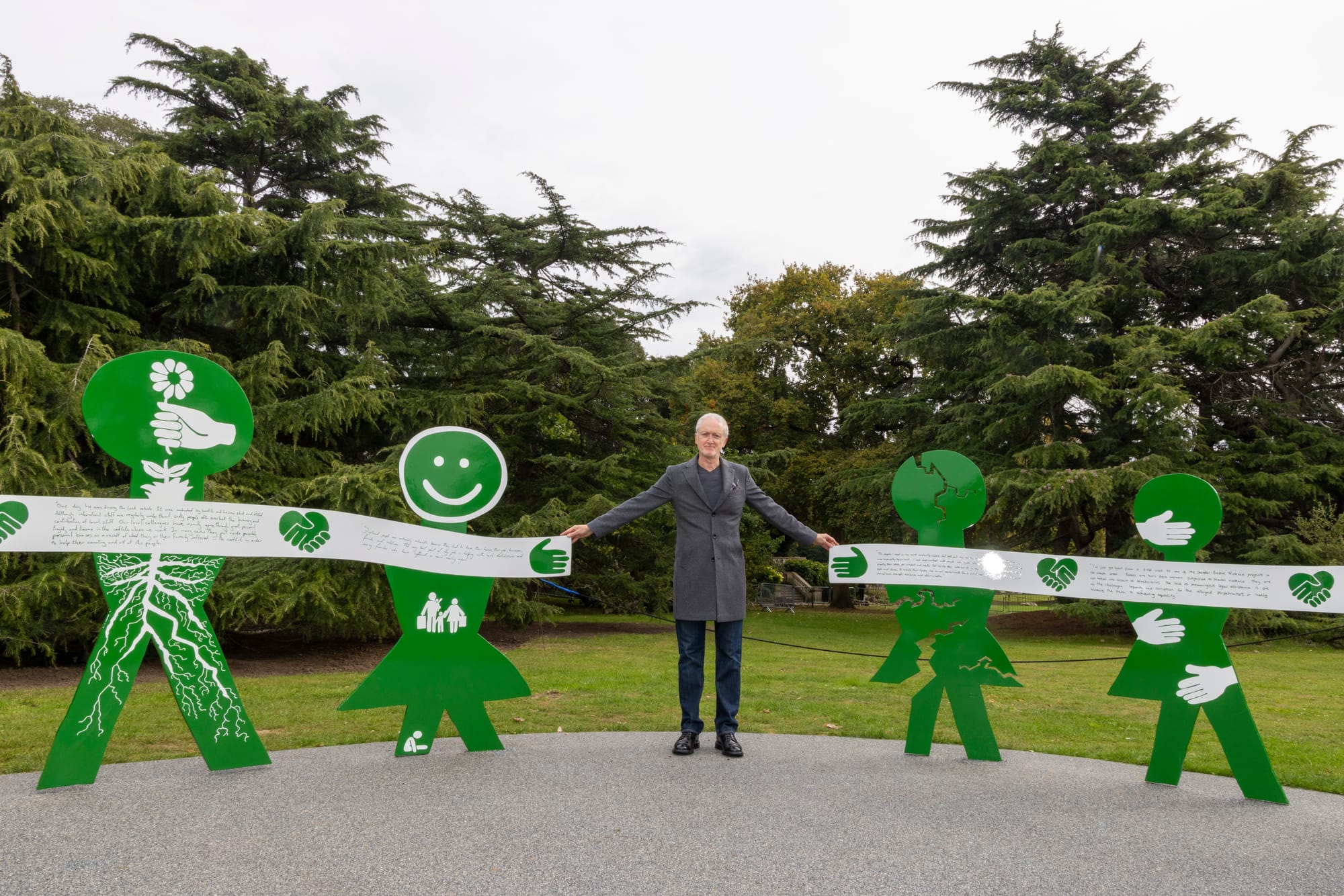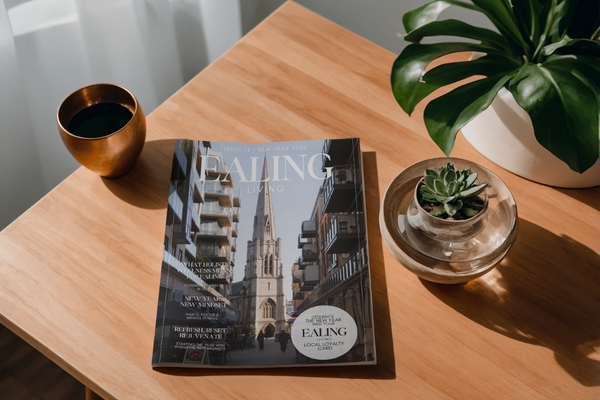His Royal Highness The Prince of Wales launches the world’s first Humanitarian Memorial at Gunnersbury Park

On the morning of 1 October 2025, His Royal Highness The Prince of Wales officially launched the first global memorial to humanitarian aid workers at Gunnersbury Park, West London.
The Humanitarian Memorial, created by the renowned British artist Michael Landy CBE RA, honours all humanitarian workers who have been killed in service – of every nationality – and celebrates the extraordinary courage of those who continue to put their lives at risk to help others.
The event brought together bereaved families and colleagues of humanitarian workers, representatives from international aid agencies, members of the arts and humanitarian sectors, and local dignitaries. Guests heard powerful reflections on the dangers faced by humanitarian workers across the globe, as well as calls for greater protection and recognition of their vital role.

A memorial of humanity, sacrifice, and hope
The launch comes at a time when humanitarian workers face unprecedented danger. 2024 was the deadliest year on record, with 383 aid workers killed across 27 countries and many more injured, kidnapped or detained. Strikingly, 97% of those killed were national aid workers – people serving in their own communities.
The Prince of Wales met with humanitarian workers from UNWRA, Islamic Relief, Médecins Sans Frontières (MSF), Norwegian People’s Aid and the Mines Advisory Group (MAG), as well as bereaved families and survivors of targeted attacks. Their stories highlighted the immense risks faced daily by those delivering food, medicine, shelter and protection in the world’s most dangerous places.
Tom Fletcher CMG, United Nations Under-Secretary General for Humanitarian Affairs and Emergency Relief Coordinator, gave a moving address:
“Humanitarians carry hope where there is despair. They bring humanity where there is inhumanity. Selflessness into a world too often defined by selfishness. For many, this is not just a job – it is a vocation, a mission with meaning and profound significance. But for too many, it is also the ultimate sacrifice.”
Sayyeda Salam, Executive Director for Concern Worldwide (UK), reflected on recent loss:
“When a humanitarian worker is lost the grief is immense and ripples outwards; from families, across communities and whole organisations. We felt that pain ourselves this year when Abdallah Shuko tragically lost his life in Sudan. His final journey was one of service, of courage, and of deep commitment to those in need.”

A lasting tribute in a public place
The memorial itself is a striking seven-metre steel circle, painted green, with 15 human-scale figures arranged in groups of five. Between them, spaces invite visitors to join hands and ‘complete the circle’. Each figure features a real first-hand story of humanitarianism, contributed by organisations including Oxfam, Save the Children and Care International.
Artist Michael Landy CBE RA, who guided His Royal Highness around the new installation, said:
“It has been a truly humbling experience being part of the process to create this art piece. The fifteen stories that make up part of the memorial bear witness to the best and worst of humanity. I hope the memorial will inspire a whole new generation of humanitarian aid workers and provide a place to go for reflection and some comfort for bereaved families and colleagues.”
In contrast to traditional monuments to the dead, the Humanitarian Memorial is a celebration of lives well lived, reflecting the four core humanitarian principles: humanity, independence, neutrality and impartiality.
A memorial for all
Initiated by a voluntary and independent group of humanitarian leaders in the UK, and realised with the support of the Disasters Emergency Committee (DEC) and ODI Global, the memorial has been imagined in line with humanitarian principles: located in a public space, open to all, free from religious or political affiliation.
Sir John Holmes, Chair of the Humanitarian Memorial Committee, summarised the importance of the project:
“Humanitarians embody the very best of humanity and this Memorial can and must be a lasting testament to what they do and the sacrifices they continue to make. They should be honoured, not targeted and murdered.”
The choice of Gunnersbury Park is especially poignant. The area’s diverse community includes many people whose families have been affected by conflict and natural disasters. The open-air memorial will become part of the Gunnersbury Park collection, with its established education and outreach programme ensuring that the stories of humanitarianism will be shared widely with future generations.
This memorial is not just a place of remembrance. It is a call to action: to protect humanitarian workers, to support their work, and to reaffirm our collective commitment to humanity, dignity and hope.




